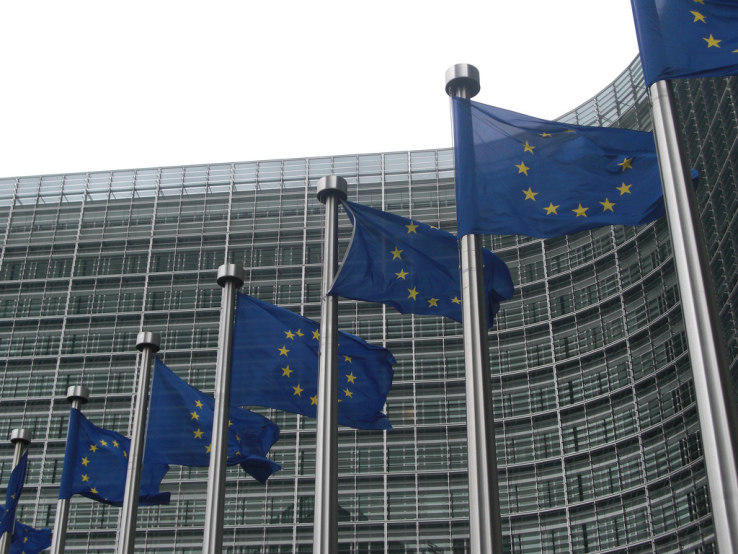

European antitrust regulators have opened an investigation into the Steam games distribution platform operator, Valve, and five PC games publishers to determine whether geo-blocking agreements between them amount to a breach of the region’s competition rules.
The Commission is concerned agreements around how consumers can purchase digital content are reducing cross-border trade by preventing games players from buying cheaper games elsewhere in Europe. The five games publishers named in the probe are: Bandai Namco, Capcom, Focus Home, Koch Media and ZeniMax.
The investigation will focus on whether activation keys used to confirm a copy of a game is not pirated are (or have been) used for the purposes of geo-blocking — thereby limiting consumers’ access to a purchased game, based on where in the region they are located.
The EC says such a practice “may amount to a breach of EU competition rules by reducing cross-border competition as a result of restricting so-called ‘parallel trade’ within the Single Market and preventing consumers from buying cheaper games that may be available in other Member States”.
We’ve reached out to Valve for comment and will update this post with any response.
Also today, the EC has announced a separate antitrust investigation into four consumer electronics manufacturers — Asus, Denon & Marantz, Philips and Pioneer — over concerns they may have breached competition rules by restricting the ability of online retailers to set their own prices for products made by the four, including laptops, household appliances and hi-fis.
“The effect of these suspected price restrictions may be aggravated due to the use by many online retailers of pricing software that automatically adapts retail prices to those of leading competitors. As a result, the alleged behaviour may have had a broader impact on overall online prices for the respective consumer electronics products,” the EC further notes.
Featured Image: Sébastien Bertrand/Flickr UNDER A CC BY 2.0 LICENSE

